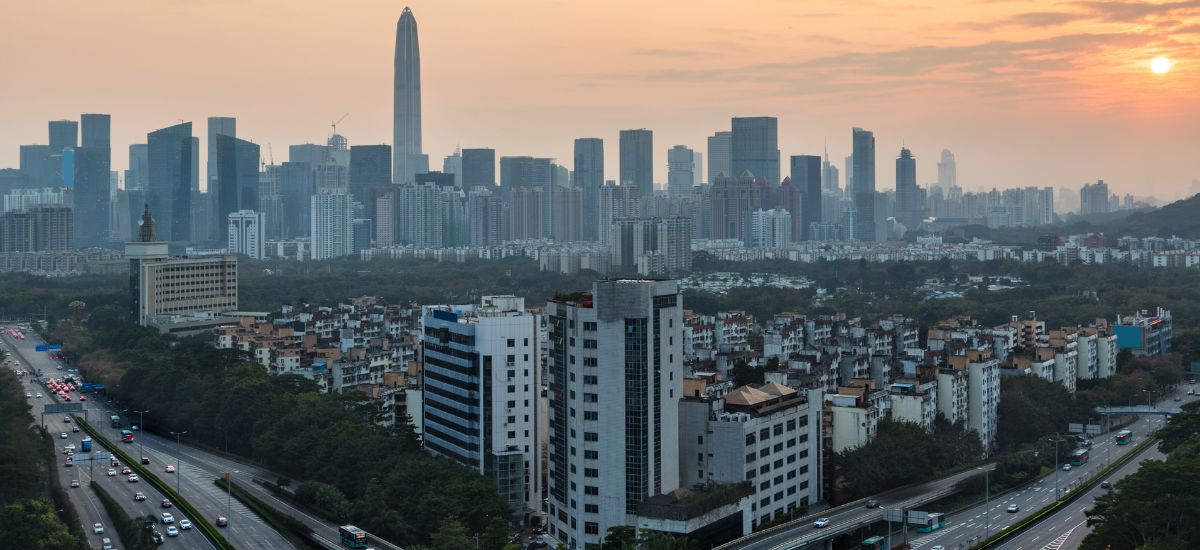In the dynamic landscape of India’s real estate sector, two trends stand out: the burgeoning demand for affordable housing and the rapid development of smart cities. These intertwined movements offer a unique opportunity for investors and developers to make a meaningful impact while reaping substantial returns. In this blog post, we will explore the current state of affordable housing and smart city projects in India, evaluating the opportunities they present and the challenges that need to be addressed.
The Affordable Housing Imperative
India’s housing shortage, particularly in the affordable segment, is a pressing concern. The rapid urbanization and growing population have created a massive demand for housing that caters to the needs of lower- and middle-income groups. The government has launched several initiatives, such as the Pradhan Mantri Awas Yojana (PMAY), to address this challenge and promote affordable housing development across the country.
This creates a significant opportunity for investors and developers to participate in this nation-building endeavor. The PMAY offers various incentives, including interest subsidies and tax benefits, to encourage private sector participation in affordable housing projects. Moreover, the growing demand for affordable homes ensures a steady stream of potential buyers and tenants, making it a lucrative investment proposition.
The Rise of Smart Cities
India’s ambitious Smart Cities Mission aims to transform 100 cities into sustainable and livable urban centers. These smart cities will leverage technology and data to improve infrastructure, enhance service delivery, and promote economic growth. This initiative presents a plethora of investment opportunities across various sectors, including:
Smart Infrastructure: The Backbone of India’s Smart City Vision
India’s ambitious smart city projects hinge on the development of robust smart infrastructure. By integrating technology into core urban systems, these initiatives aim to enhance efficiency, sustainability, and quality of life for citizens.
Intelligent Transportation Systems (ITS): Streamlining Urban Mobility
ITS tackles traffic congestion, pollution, and road safety through:
Traffic Management: Real-time data powers adaptive traffic control and routing, improving flow and air quality.
Public Transport: Smart systems enhance public transport efficiency and reliability, reducing congestion and emissions.
Road Safety: Advanced technologies like ADAS and connected vehicles bolster safety and minimize accidents.
Though requiring substantial investment, ITS promises smoother commutes, lower costs, and safer roads.
Energy-Efficient Buildings: Greening the Urban Landscape
Energy-efficient buildings significantly reduce India’s carbon footprint:
Smart Building Management Systems: Optimize energy use for lighting, HVAC, and more, cutting operational costs.
Renewable Energy Integration: Solar panels and other renewable sources reduce reliance on fossil fuels.
Green Building Materials and Design: Sustainable materials and design enhance energy efficiency and environmental impact.
While upfront costs may be higher, long-term savings and environmental benefits make this a wise investment.
Smart Grids: Empowering the Energy Ecosystem
Smart grids modernize India’s power system for a sustainable future:
Two-Way Communication: Enables efficient demand management and load balancing.
Renewable Energy Integration: Facilitates seamless integration of solar and wind power into the grid.
Outage Management: Advanced sensors and automation ensure quick detection and restoration of outages.
Upgrading infrastructure and deploying smart meters require investment, but the resulting efficiency, reliability, and resilience are invaluable.
Smart infrastructure development is crucial for achieving India’s smart city vision. While substantial investments are needed, the long-term benefits in efficiency, sustainability, and quality of life for citizens make it a worthwhile endeavor. These transformative technologies will pave the way for a brighter and more sustainable future for India’s urban centers.
Evaluating the Opportunities: Key Considerations
While the opportunities in affordable housing and smart city projects are abundant, investors and developers need to carefully evaluate these opportunities based on several factors:
Location: The location of the project plays a crucial role in its success. Factors like proximity to transportation hubs, employment centers, and social infrastructure should be considered.
Government Policies and Regulations: Investors need to stay abreast of the latest government policies and regulations related to affordable housing and smart city development.
Market Demand: Understanding the market demand for affordable housing and the specific needs of the target audience is essential.
Financial Viability: Conducting a thorough financial analysis to assess the project’s viability and potential returns is critical.
Real Estate: Fueling Urban Growth
The development of smart cities will inevitably drive a surge in demand for various real estate projects. This includes:
Residential: The influx of people seeking better opportunities in smart cities will necessitate the construction of new housing options, ranging from affordable housing to premium apartments and villas.
Commercial: Smart cities will attract businesses and investments, creating a need for modern office spaces, retail centers, and hospitality projects.
Mixed-use developments: These versatile projects will combine residential, commercial, and recreational spaces to create vibrant and sustainable communities.
The smart city initiative will catalyze the real estate sector, providing lucrative opportunities for developers and investors to cater to the evolving needs of urban dwellers.
Someshwar Srivastav: A Visionary in Affordable Housing and Smart City Development
One notable figure in this space is Someshwar Srivastav, a seasoned professional with a deep understanding of the Indian real estate market. With his expertise in affordable housing and smart city projects, Srivastav has been instrumental in shaping the landscape of urban development in India. His insights and contributions have helped numerous investors and developers navigate the complexities of these sectors and achieve success.
Conclusion
The convergence of affordable housing and smart city initiatives in India presents a unique opportunity for investors and developers to make a significant impact while generating attractive returns. By carefully evaluating the opportunities and challenges, and by leveraging the expertise of professionals like Someshwar Srivastav, stakeholders can contribute to building a better and more sustainable future for India’s urban landscape.









